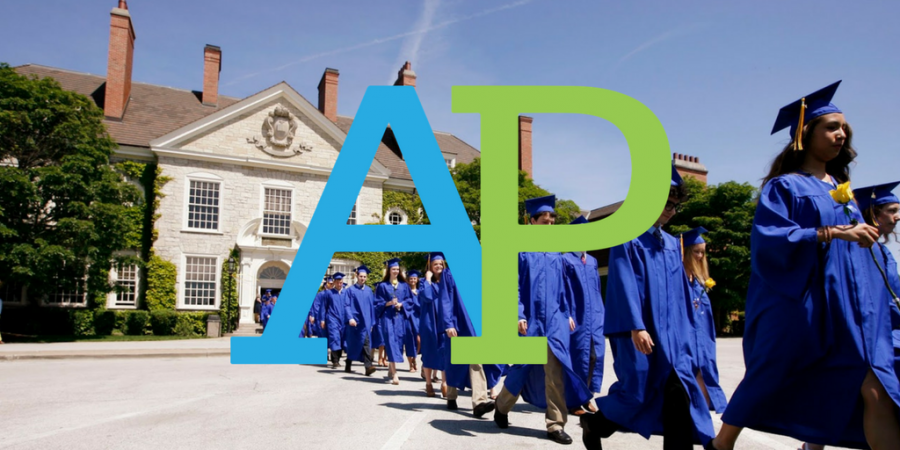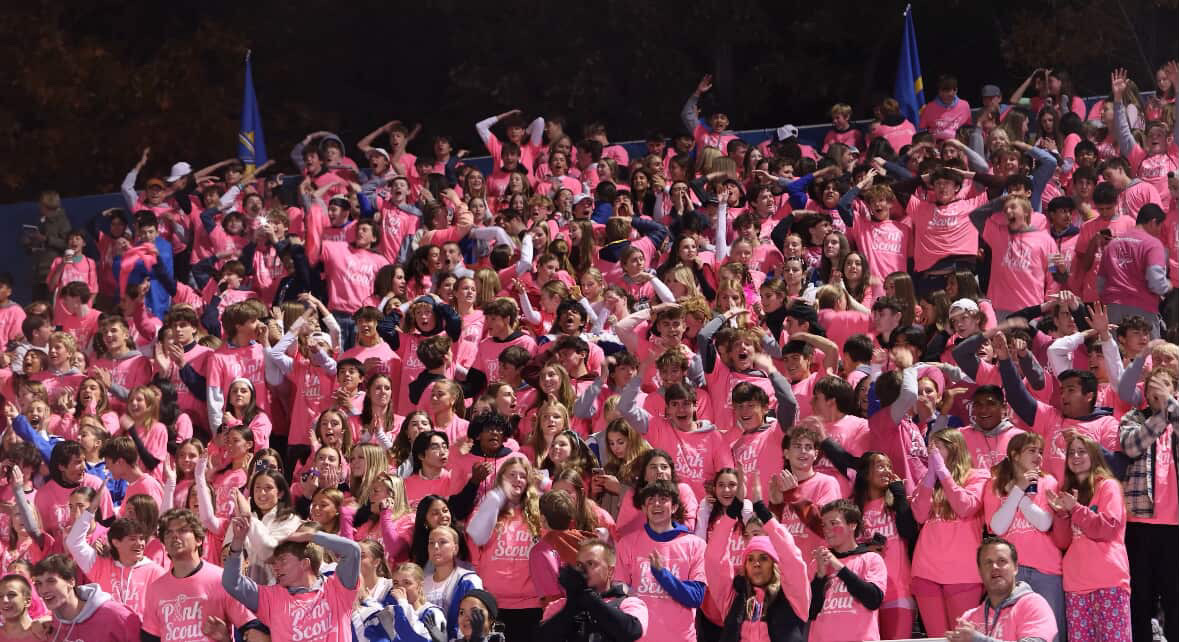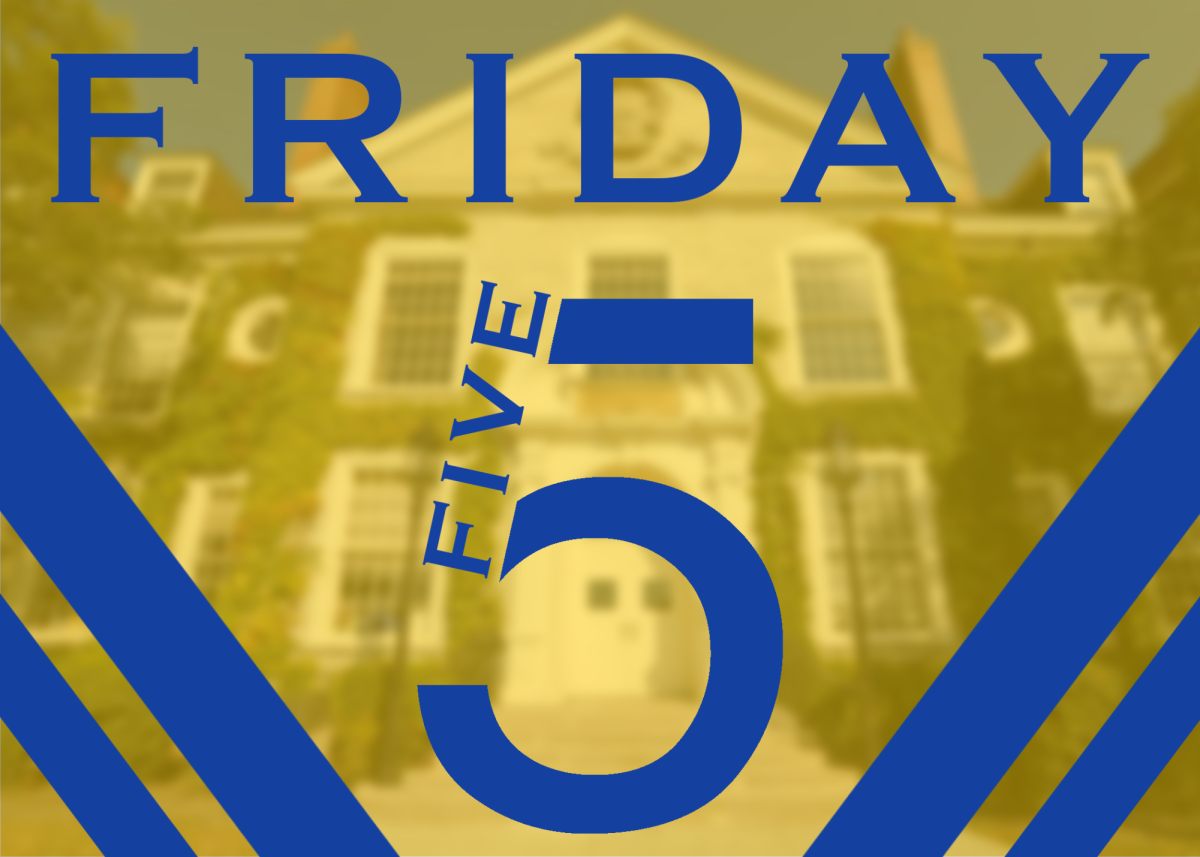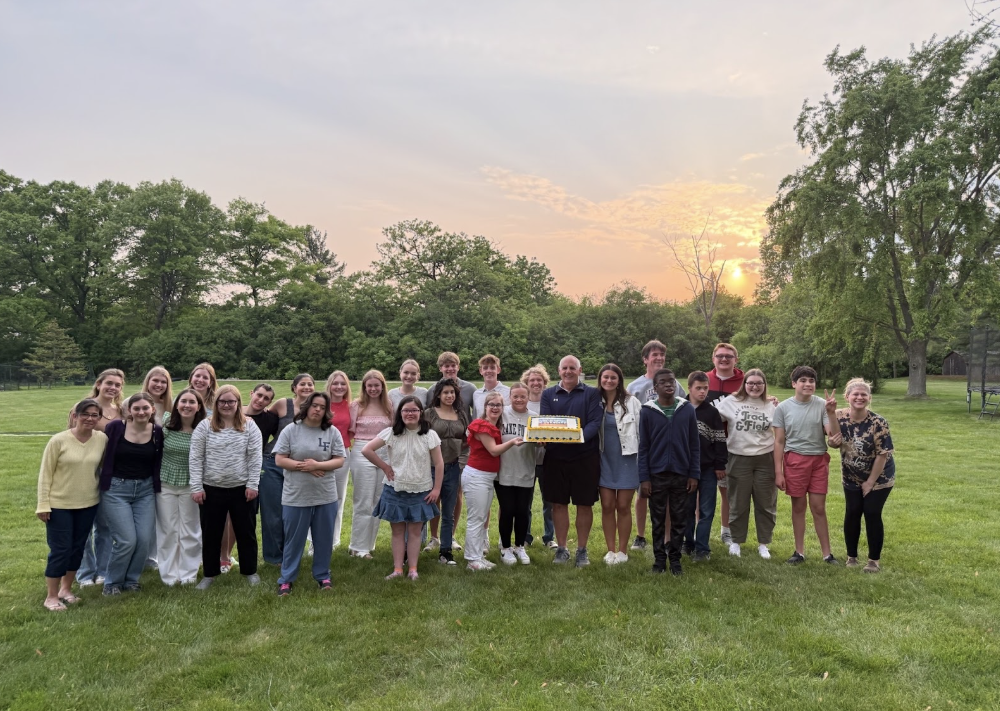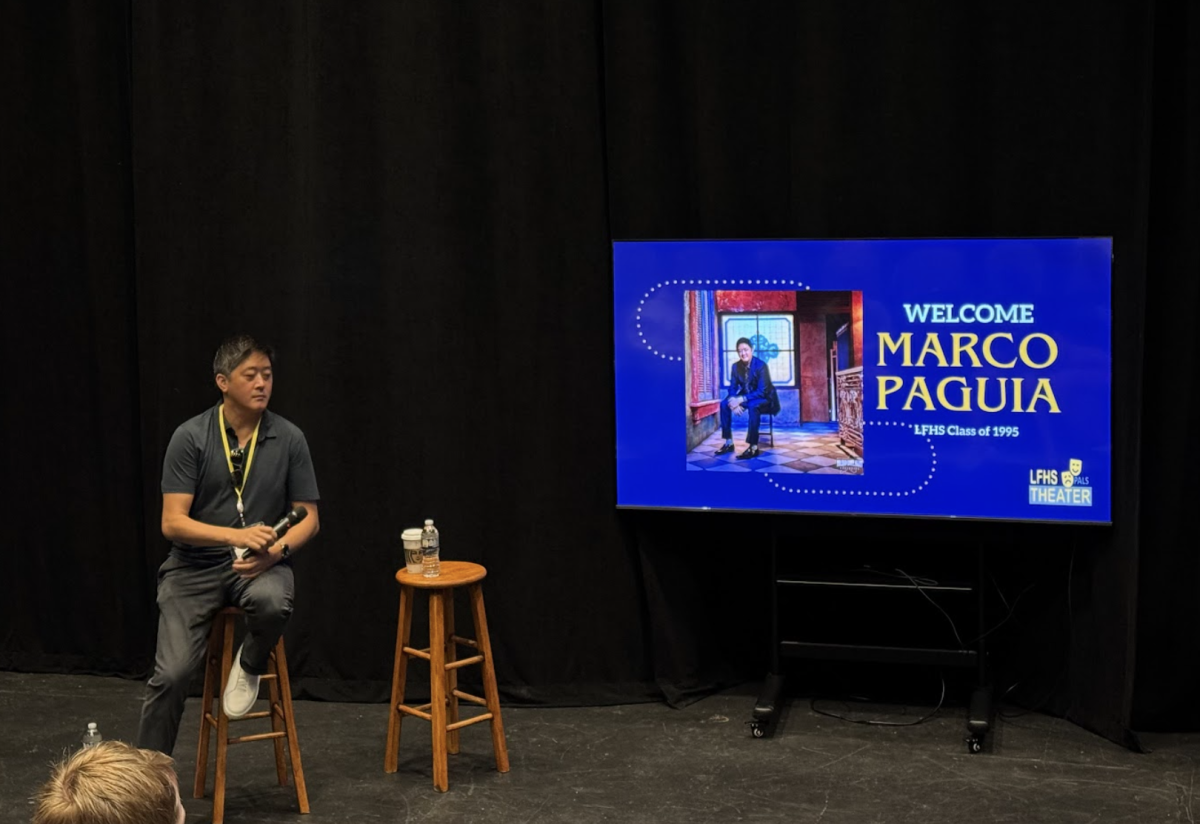Advanced Placement, the words every student hopes to have in their schedule by junior year. The letters A and P on your schedule makes one believe they are the smartest because they have the unique ability to take the hardest classes in school. Unfortunately that is not unique. Every year, hundreds of students at Lake Forest High School alone take an AP class. In 2016, there were over 2.5 million students in the U.S. enrolled in an AP class according to the testing monopoly College Board. On the first day of school, these AP students feel on top of the world. After the first few weeks, a good amount of those students–who once felt like they could accomplish anything–drop the class. Before the first quarter ends a few more will contemplate giving up, and a few others will go through with it, often complaining mercilessly throughout the class’ duration. The few left wonder whether their decision to stay will ultimately be a mistake.
Now this may sound dramatic, but when signing up for classes at the end of sophomore year I personally came to the conclusion that the more AP classes in my schedule, the better off I would be. What I didn’t realize was that these APs would crush my academic self-esteem and ruin my sleep schedule. Students do it for different reasons, but what I find intriguing is the idea that advanced placement classes are intended to set us up for college. I don’t doubt that my sleep schedule will change dramatically after high school. My father constantly reminds me that I should learn how to take speed naps before my college career starts. But it’s not my sleep that I worry about.
At the beginning of the year the most repeated phrase I heard from AP teachers was “this is a college-level class.” But what does this mean? I wonder how these teachers, who haven’t attended college for many years, and in some situations decades, know what college today is like. Though I have very high amounts of respect for all of my teachers, I also know colleges and universities adjust dramatically every year. There are over 5,300 colleges and universities in the United States, so how would one class be like the classes at all of those 5,300?
Are the classes I’m taking as difficult as a community college class, or an Ivy League college class? Not acknowledging the fact that there are different levels of difficulty not just in school, but in life, is ignorant. So how hard is an AP class? Every student has a different answer to that question, and every class has specific subject matter. There is no doubt, however, that AP classes are the hardest classes Lake Forest High School has to offer. There are some students who expect the AP class they take to be a breeze, and I am sure for a particular few that is true. For the rest of us, taking an AP class means working harder and longer than we ever have before. If this is what every college is like, god help us all.

